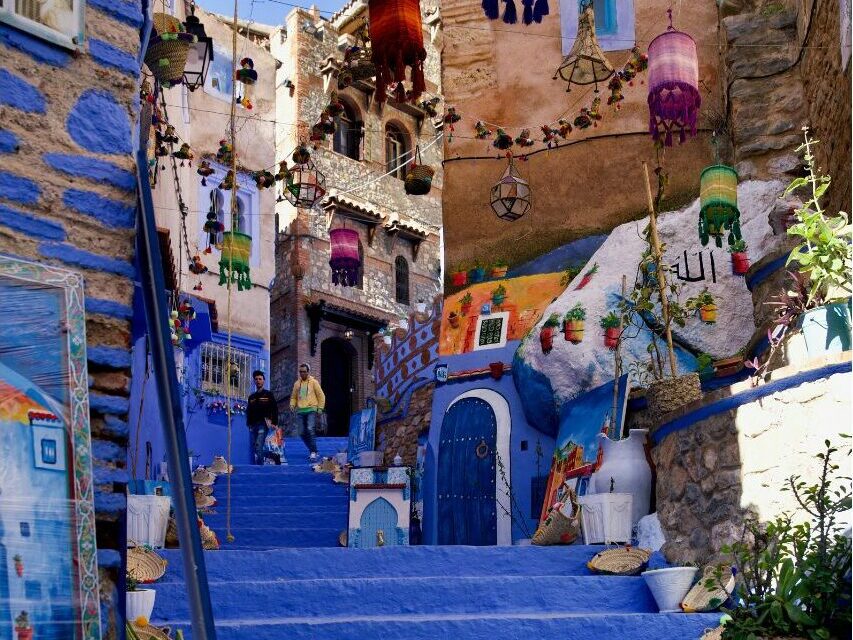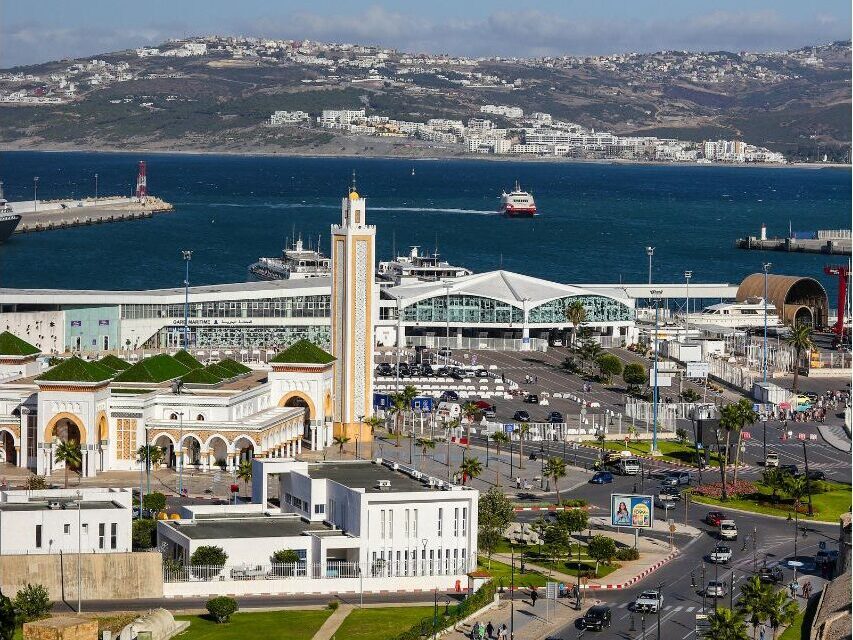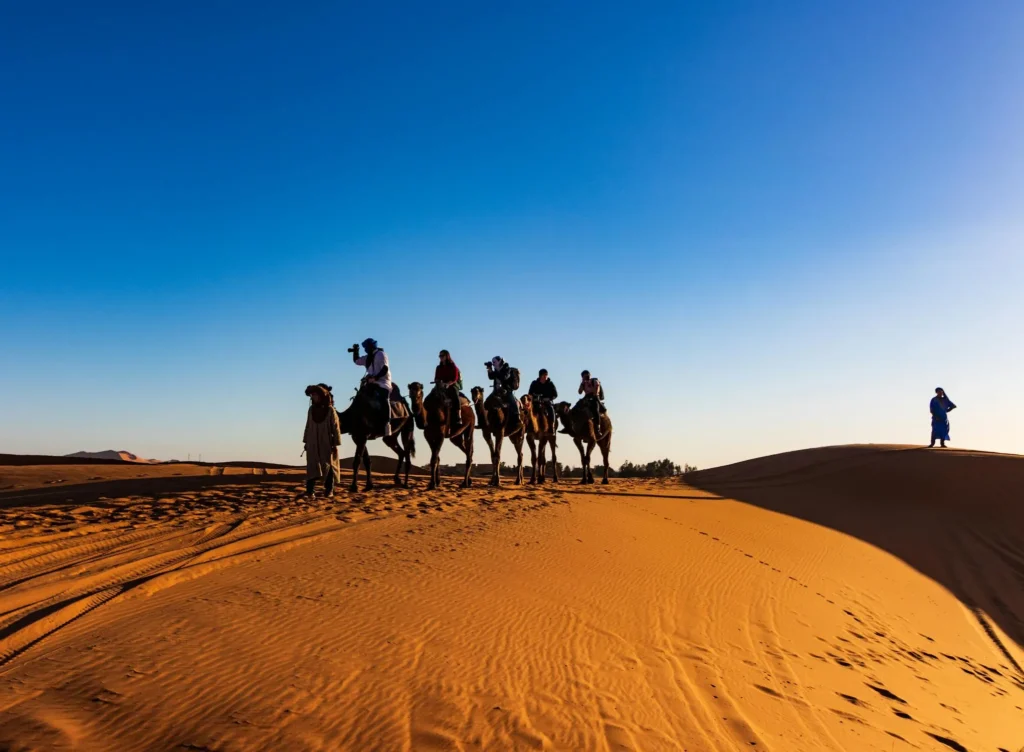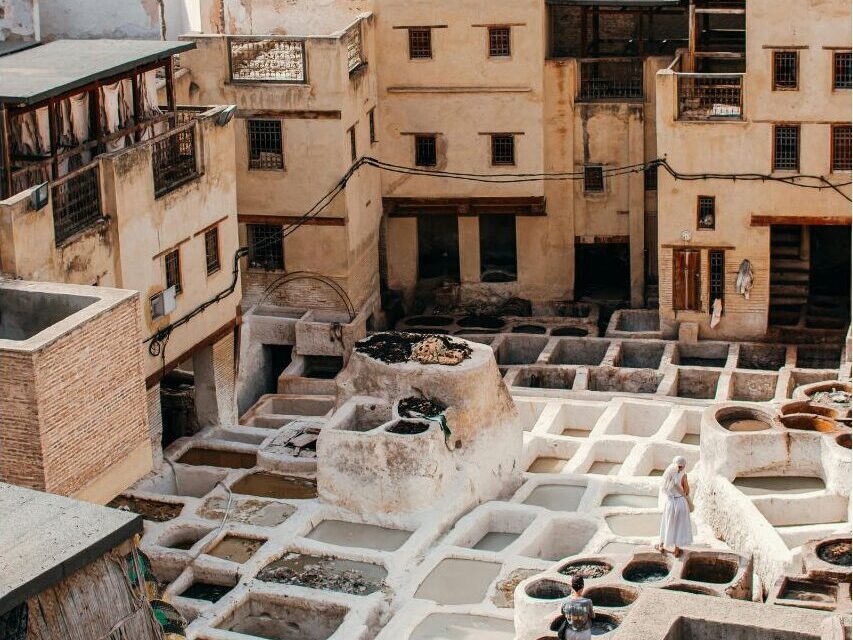Is It Safe to Visit Morocco?
When planning a trip to Morocco, one of the first questions travelers often ask is: Is it safe to visit Morocco? With its rich history, vibrant cities, and breathtaking landscapes, Morocco attracts millions of tourists every year. But as with any travel destination, safety is a common concern, particularly for first-time visitors.
In this article, we’ll explore the safety situation in Morocco, addressing key aspects like general safety, health precautions, and tips for female travelers. By the end, you’ll have a clearer picture of whether Morocco is a safe destination for your travels.
General Safety in Morocco

Overall, Morocco is considered a relatively safe country for visitors. The country has a well-established tourism industry, and the Moroccan government works hard to maintain a safe environment for visitors. The main tourist areas such as Marrakech, Fes, Casablanca, and the coastal towns are accustomed to foreign tourists and have visible security presence in many public spaces.
However, like any travel destination, it’s important to remain vigilant, especially in crowded areas where petty crimes such as pickpocketing and bag snatching can occur. By exercising common sense and staying aware of your surroundings, you can significantly minimize any risks.
Here are some general safety tips for traveling in Morocco:
- Watch out for pickpockets: Crowded places like markets (souks), train stations, and tourist attractions are hotspots for petty theft. Keep your valuables close, use anti-theft bags, and avoid flashing expensive items.
- Avoid unlicensed guides: In cities like Marrakech and Fes, you may encounter people offering unofficial guide services. Stick to licensed tour guides or those recommended by your hotel.
- Stay in well-known areas: Most tourist destinations in Morocco, like Marrakech’s medina, are safe, but it’s advisable to stay within known areas, especially at night. Avoid poorly lit streets and deserted places after dark.
Health and Hygiene Considerations
Travelers often wonder about the health and hygiene standards in Morocco. Fortunately, the country has decent medical facilities in larger cities, but rural areas may have limited healthcare options. Before your trip, consider visiting a travel clinic for any necessary vaccinations, and ensure you have comprehensive travel insurance that covers medical expenses.
To maintain good health during your stay:
- Drink bottled water: It’s best to avoid drinking tap water in Morocco, as it may upset your stomach. Stick to bottled water, which is widely available, and avoid ice in drinks at street vendors.
- Practice food safety: Moroccan food is delicious, but street food or unhygienic food preparation can cause stomach issues. Stick to food from reputable restaurants, and if you’re unsure about a place’s cleanliness, trust your instincts.
- Sun protection: Morocco’s climate can get very hot, especially in summer. Bring plenty of sunscreen, wear light clothing, and stay hydrated by drinking lots of water throughout the day.
Safety for Female Travelers in Morocco

One of the most common concerns for female travelers is whether Morocco is safe for women, especially solo female travelers. While Morocco is a predominantly Muslim country with conservative cultural norms, many women travel safely through the country every year.
However, female travelers may experience unwanted attention from men, such as catcalling or attempts to start conversations. To minimize this, it’s important to be mindful of local customs and dress modestly, particularly in smaller towns or rural areas. Wearing loose-fitting clothing that covers the shoulders and knees will help you blend in and avoid unnecessary attention.
Here are a few more tips for female travelers:
- Avoid walking alone at night: As a female traveler, it’s best to avoid walking alone after dark, especially in quiet or unfamiliar areas. Stick to well-lit streets, and travel with a group or a trusted guide whenever possible.
- Be confident: If you encounter any unwanted attention, respond confidently and keep moving. Ignoring comments or walking away is usually the best approach.
- Choose reputable accommodations: Opt for accommodations with good reviews that are known for their safety, particularly if you’re traveling alone. Hotels and riads in tourist areas generally have good security measures.
Traffic and Road Safety in Morocco
Morocco’s roads can be chaotic, particularly in major cities like Casablanca and Marrakech. Traffic rules are not always strictly followed, and drivers can be aggressive. Pedestrians should exercise caution when crossing streets, as vehicles may not always yield.
If you’re planning to rent a car and drive in Morocco, here are some safety tips to keep in mind:
- Road conditions: While the main highways are well-maintained, roads in rural areas can be in poor condition, with potholes and unpaved sections. If you’re driving to remote areas, ensure your vehicle is suited for the terrain.
- Driving habits: Moroccan drivers tend to be more aggressive than what tourists from Western countries are used to. Be cautious, especially in busy cities, and consider hiring a local driver if you’re uncomfortable driving.
- Traffic police: Police checkpoints are common on Moroccan roads. Make sure you have all the necessary documents with you, including your driver’s license, passport, and rental car paperwork.
Terrorism Risk in Morocco
While the risk of terrorism exists in many parts of the world, Morocco has a relatively low incidence of terrorist attacks compared to other countries in the region. The Moroccan government has implemented strong counter-terrorism measures, and tourists are rarely targeted. However, it’s always a good idea to stay informed about the current security situation by checking government travel advisories before your trip.

Morocco’s Hospitality and Cultural Etiquette
One of the highlights of visiting Morocco is experiencing the country’s warm hospitality. Moroccans are known for their friendliness and generosity toward visitors. It’s not uncommon to be invited into someone’s home for a meal or a cup of mint tea.
However, as a visitor, it’s important to respect local customs and traditions. Morocco is a predominantly Muslim country, and certain behaviors that may be acceptable in Western countries are considered disrespectful here. For example, public displays of affection between men and women are frowned upon, particularly in more conservative areas.
Here are a few cultural etiquette tips to keep in mind:
- Dress modestly: As mentioned earlier, dressing modestly will help you avoid unwanted attention and show respect for local customs. While larger cities like Marrakech and Casablanca are more relaxed, rural areas are more conservative.
- Tipping: Tipping is a common practice in Morocco. In restaurants, it’s customary to leave a 10% tip if the service was good. Tipping guides, drivers, and hotel staff is also appreciated.
- Photography: Always ask for permission before taking photos of people, especially in rural areas or traditional settings. Some people may not want to be photographed, and it’s important to respect their wishes.
Emergency Contacts and Resources in Morocco
It’s always a good idea to have important contact information readily available when traveling. Here are a few emergency numbers and resources to keep in mind during your visit to Morocco:

- Police: 19 (in cities) or 177 (in rural areas)
- Ambulance: 15
- Tourist Police: 0522 47 01 01 (Casablanca)
- Embassy/Consulate: Check your country’s embassy website for emergency contact information in Morocco.
Conclusion: Is It Safe to Visit Morocco?
So, is it safe to visit Morocco? The answer is yes, for the most part, Morocco is a safe destination for tourists, provided you take basic precautions. With its rich culture, stunning landscapes, and welcoming people, Morocco offers a memorable travel experience. By staying aware of your surroundings, respecting local customs, and taking common-sense safety measures, you can enjoy a safe and rewarding trip to this beautiful North African country.
